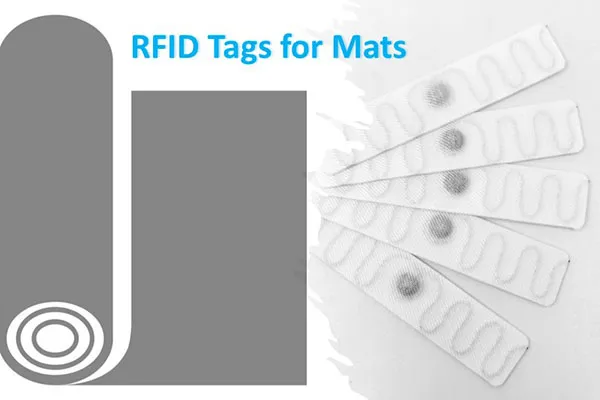Sustentabilidade
A tecnologia RFID impulsiona o desenvolvimento sustentável no setor têxtil
Em 1987, a Comissão Brundtland das Nações Unidas definiu sustentabilidade como "atender às necessidades do presente sem comprometer a capacidade das gerações futuras de atender às suas próprias necessidades".
Na onda crescente da automação industrial, o setor de identificação automática se dedica a superar os desafios do gerenciamento industrial tradicional, impulsionando sua transformação para a digitalização, a transparência e a operação dinâmica. Confrontado com os requisitos cada vez mais rigorosos de DPP especialmente no âmbito do gerenciamento do ciclo de vida têxtil, estamos inaugurando um novo capítulo no desenvolvimento sustentável por meio de tecnologias de ponta.
As tecnologias de identificação automática, especialmente a profunda integração de Identificação por radiofrequência (RFID) e a Inteligência Artificial (IA), instigaram uma revolução no gerenciamento do ciclo de vida completo dos têxteis. Desde a aquisição de matéria-prima, produção e fabricação até a distribuição, vendas, reciclagem e descarte, a coleta de dados em tempo real e a análise precisa são obtidas em cada estágio. Viabilizados por Etiquetas RFIDOs têxteis recebem uma "carteira de identidade digital" ao saírem da linha de produção, permitindo o rastreamento de informações como localização, frequência de uso, status de lavagem, qualidade da lavagem, vida útil e feedback do usuário sobre a qualidade. Isso aumenta significativamente a eficiência do gerenciamento e reduz o desperdício de recursos. Enquanto isso, os algoritmos de IA preveem a demanda com base em dados históricos, otimizam o gerenciamento de estoque, elevam a experiência do cliente no setor de hospitalidade, reduzem o consumo de energia e de recursos causado pelo excesso de estoque e simplificam a cadeia de suprimentos.
As tecnologias de identificação automática também desempenham um papel fundamental para garantir a conformidade com as normas DPP. Por meio do monitoramento em tempo real do processo de produção têxtil, garantimos que as operações de produção sigam os padrões de proteção ambiental e sustentabilidade. Durante a fase de reciclagem, com uma eficiência de escaneamento centenas a milhares de vezes maior do que os códigos de barras e códigos QR, essas tecnologias identificam com precisão os materiais recicláveis, tornando o processo de reciclagem altamente operacional, promovendo a circularidade dos recursos e minimizando o impacto ambiental.
Tomemos como exemplo um grupo hoteleiro internacional. Após a implementação de tecnologias de identificação automática, a eficiência do gerenciamento de têxteis aumentou em 40%, os custos de estoque diminuíram em 30% e o desperdício de recursos resultante de compras excessivas e má administração foi reduzido. Isso possibilitou a realização bem-sucedida das metas de desenvolvimento sustentável no gerenciamento do ciclo de vida dos têxteis.
No futuro, continuaremos a aprofundar nossa experiência em tecnologias de identificação automática, impulsionando a inovação contínua no gerenciamento do ciclo de vida têxtil. Ao fornecer soluções mais eficientes e ecologicamente corretas, nosso objetivo é capacitar os setores tradicionais a progredir de forma constante no caminho do desenvolvimento sustentável.


